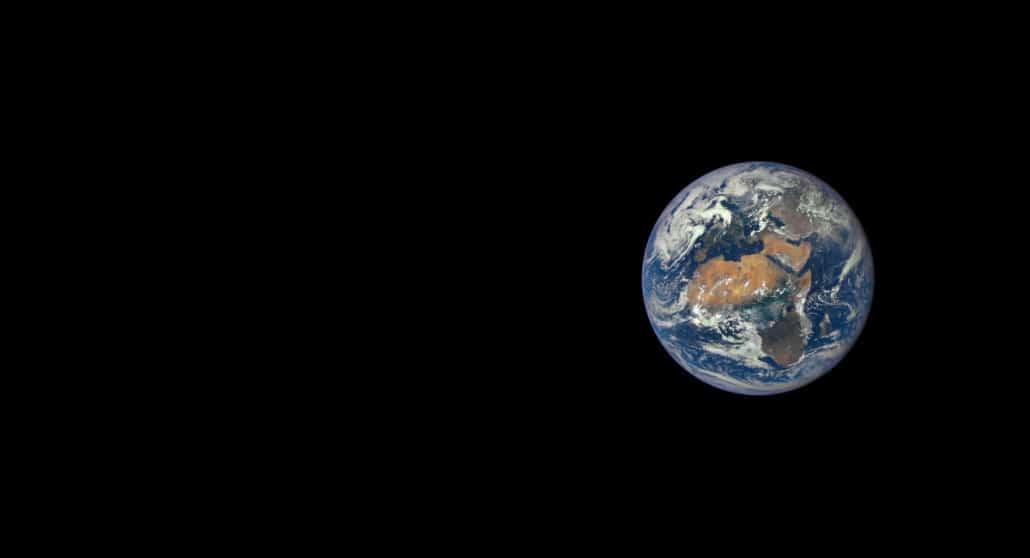First published on Transparency International
The newly released Corruption Perceptions Index (CPI) provides a good baseline for the African Union (AU) anti-corruption efforts in 2018. This year’s theme for the AU is “Winning the Fight against Corruption: A Sustainable Path to Africa’s Transformation.” As the AU rolls out its plan, this is an important moment for Africa to take stock of the current situation.
In some ways, the CPI points to a more hopeful future for Africa. The transformations in Rwanda and Cabo Verde show that corruption is manageable with well-sustained effort. Long-term anti-corruption investments in countries like Cote d’Ivoire and Senegal are also steadily paying off. On the other hand, tackling corruption remains a herculean task for countries at the bottom of the index, like South Sudan and Somalia.
Hope for a cleaner continent
Despite being the worst performing region as a whole, Africa has several countries that consistently push back against corruption, and with notable progress. In fact, some African countries score better than some countries in the Organisation for Economic Co-operation and Development (OECD). Specifically, Botswana, Seychelles, Cabo Verde, Rwanda and Namibia all score better on the index compared to some OECD countries like Italy, Greece and Hungary. In addition, Botswana and Seychelles, which score 61 and 60 respectively, do better than Spain at 57.
The key ingredient that the top performing African countries have in common is political leadership that is consistently committed to anti-corruption. While the majority of countries already have anti-corruption laws and institutions in place, these leading countries go an extra step to ensure implementation.
From President Paul Kagame’s strict enforcement of compliance with the leadership code in Rwanda, to President Jorge Fonseca’s open promotion of institutional transparency in Cabo Verde or President Ian Khama’s innovative approach of “mainstreaming anti-corruption” across ministries in Botswana, these countries learned what works best in their communities and pursued these tactics with commitment. These countries score 55, 55 and 61 respectively on the CPI.
Equally positive, in Mauritius, which scored 50 on the index, Prime Minister Pravind Jugnauth courageously embarked on a programme to improve its country score by 16 points within the next ten years.
Encouraging trends in Cote d’Ivoire and Senegal
Cote d’Ivoire, a significant improver on the CPI, increased its score by nine points from 2013 to 2017, and moved from 27 to 36 on the index. In a country where communities are heavily burdened by corruption, the government is making great strides towards alleviating this problem. During his first term in office, President Alassane Ouattara quickly followed through on his campaign promises and: 1) passed a law on the prevention and repression of corruption; 2) set up a national anti-corruption authority; and 3) pursued compliance with some international initiatives, like the Extractives Industry Transparency Initiative (EITI).
Similarly in Senegal, which increased its score from 36 to 45 in the last six years, anti-corruption efforts also improved. Shortly after assuming office in 2012, President Macky Sall put in place a Ministry of Good Governance and National Office against Fraud and Corruption (OFNAC). He also re-instituted Senegal’s Court for the Repression of Illicit Enrichment (CREI), among other measures. Since then, the government followed through to ensure proper facilitation and functionality of these institutions.
Low scorers: the biggest hurdle
Despite improved anti-corruption efforts in some countries, the situation continues to worsen in a few others. The lowest-scoring countries on the index are often those where there is conflict or war. Reducing corruption in these contexts is particularly challenging. The fragile nature of governments in these situations presents a real challenge to making meaningful changes. In addition, some countries that perform poorly on the index are led by African leaders that run for office on an anti-corruption ticket, but never live up to their pledges to deliver corruption-free services to their citizens.
This scenario is all too common across the continent and makes it difficult to combat corruption effectively. For example, since 2012, Liberia declined 10 points on the CPI. In her final state-of-the-nation address, former President Sirleaf Johnson admitted that her administration did not deliver on its anti-corruption pledge. Her tenure was marred by accusations of nepotism, illegal contracts and impunity for her cabinet ministers.
Call to action
In the quest to win the fight against corruption, the AU will need to call for visible commitment to anti-corruption from all of its leaders. In addition, the AU should consider investment in countries that historically struggle with anti-corruption efforts and show little to no progress. This includes countries like Malawi and Guinea Bissau that continue to decline significantly, as well as countries like Somalia and South Sudan, which fall at the very bottom of the index and face significant governance challenges.

